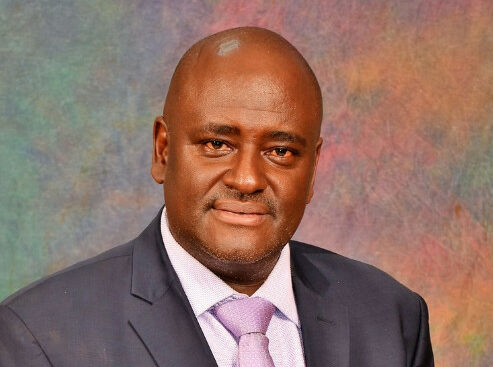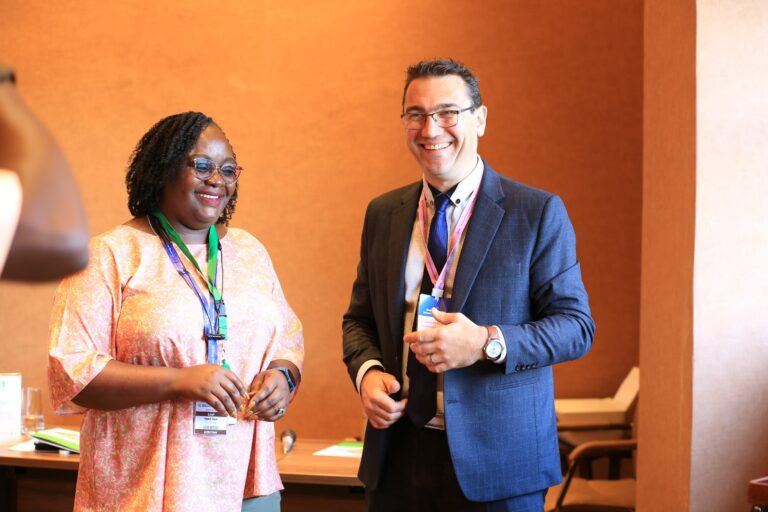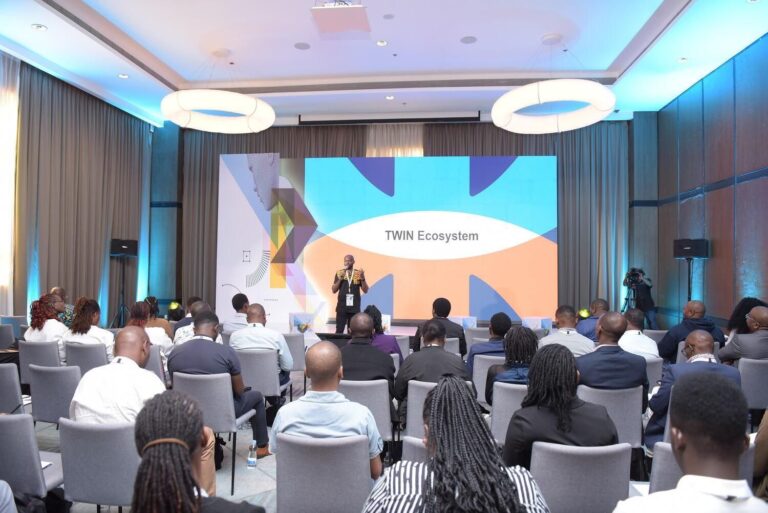Tech Experts: Africa’s AI Future Starts At Home
Cynthia Karuri Kropac, Chief Enterprise Business Officer, Safaricom [Photo: Courtesy]
Africa must take charge of its artificial intelligence (AI) future by investing in foundational infrastructure, data capacity, and local talent. This was the central message from industry leaders during a keynote segment at the Connected Africa Summit 2025 in Diani, setting the scene for a high-level ministerial panel on AI readiness and digital sovereignty.
The keynote session featured Cynthia Karuri Kropac, Chief Enterprise Business Officer, Safaricom; Robin Njiru, Regional Public Sector Lead for West, East, and Central Africa, Amazon Web Services (AWS); and David Nyamu, General Manager, Sovereign and Public Sector, KCB Bank Group.
Digital Rails Must Come First
Kropac opened the session by calling attention to the digital divide: over 400 million Africans remain without access to the Internet. “Connectivity is the foundation. Without it, none of the promises of AI or digital transformation can be realized,” she said.
She outlined Safaricom’s commitment to expanding connectivity through over 6,500 towers and 15,000 kilometers of fiber, and assembling over 1.5 million affordable 4G smartphones annually via the East Africa Device Assembly Kenya (EDAK). But she noted that infrastructure alone is not enough.
“We must also strengthen data infrastructure, promote local AI model training, and build regulatory frameworks that secure our digital sovereignty,” Kropac said. “African data must stay in Africa.”
Gen AI: From Hype to Utility
Robin Njiru of AWS provided a global perspective, highlighting how generative AI (GenAI) has quickly shifted from a curiosity to a mission-critical tool for governments, businesses, and education systems.
“AI is already disrupting how we learn, work, and deliver services,” he said. He emphasized the need for governments to consolidate national data platforms—especially in sectors like health, agriculture, and citizen services—and leverage AI for automation and personalization.
Njiru urged stakeholders to go beyond pilot projects and scale implementation of GenAI across the public sector. “Governments are now saying: let AI handle high-volume, repetitive tasks so that people can focus on where human judgment truly matters.”
Enabling Inclusion Through Financial Innovation
Representing the financial sector, David Nyamu of KCB Bank Group discussed how AI is powering more inclusive and efficient banking services. From risk modelling and fraud detection to chatbots and personalized customer journeys, he said the banking industry is already seeing measurable benefits from AI deployment.
Nyamu stressed that finance must play a central role in supporting Africa’s digital transformation. “Financial institutions are uniquely positioned to fund innovation and drive digital inclusion. But this must be done in partnership—with government, with technology providers, and with citizens.”
Laying the Groundwork for Africa’s AI Future
The three speakers delivered a clear and coordinated message: Africa must move from being a passive consumer of AI to an active creator of it. This requires:
- Expanding broadband infrastructure across rural and underserved areas
- Building local data centers and sovereign cloud infrastructure
- Promoting AI education and skills development at scale
- Harmonizing policy and data governance across borders
- Developing African AI models that reflect local languages, values, and realities
Safaricom, AWS, and KCB Bank Group are among the organizations investing in these priorities. As Karuri noted, “The question is not whether Africa will be AI-ready, but whether the world is ready for African-built AI.”
The session served as a powerful prelude to the ministerial panel that followed, which brought together government leaders from across the continent to chart a shared path for inclusive, ethical, and transformative AI in Africa.








